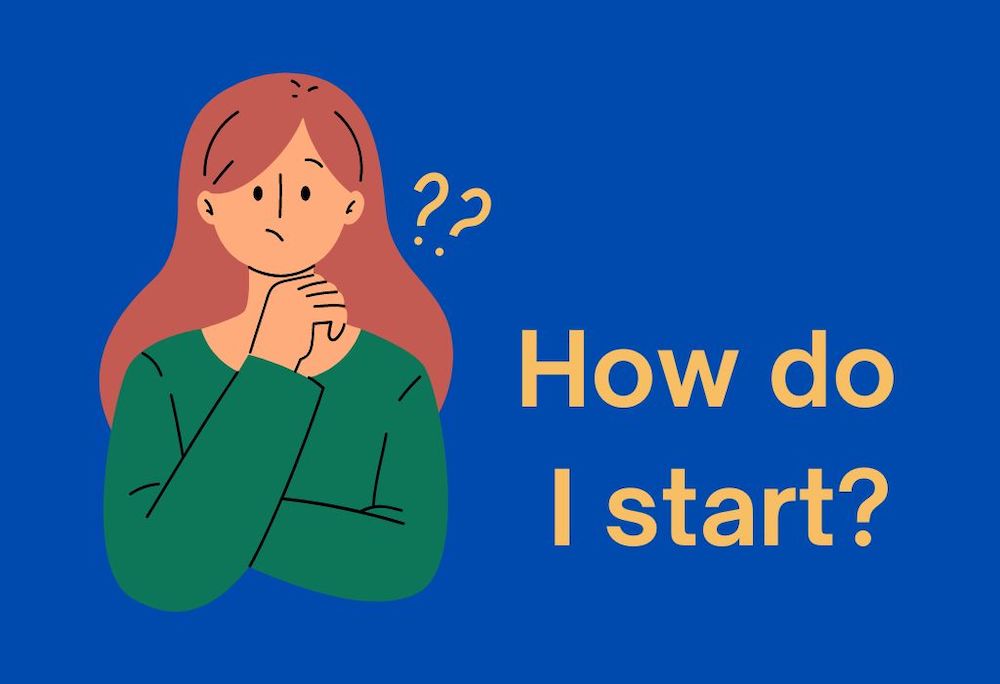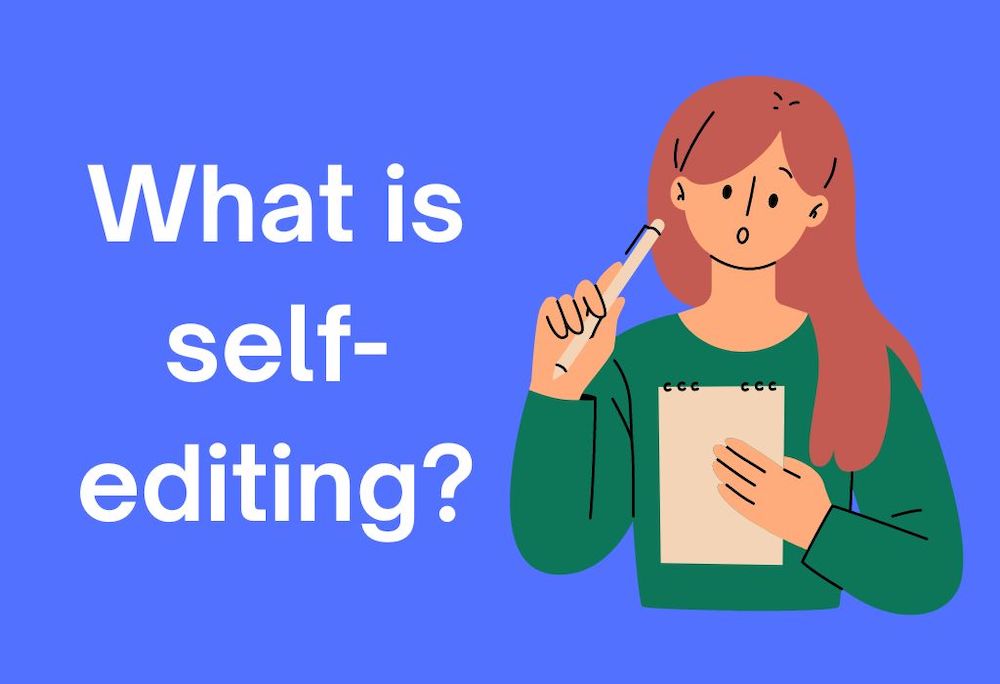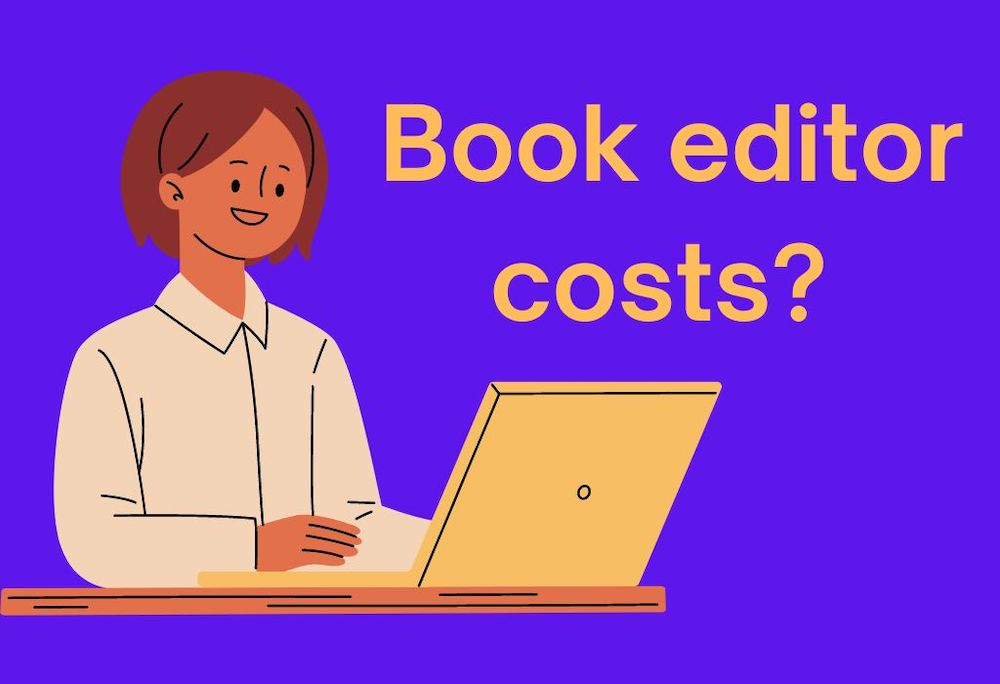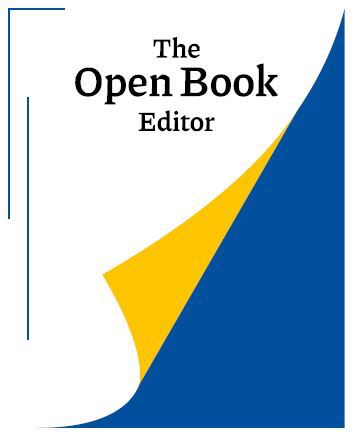Publishing can be a tricky industry to navigate, regardless of which publication route you choose. It’s natural for new authors to have questions and struggle to find the answers.
Well, The Open Book Editor was founded with precisely this in mind; to help authors find the answers they’re looking for, so they can better understand and navigate book writing and the publishing industry.
If you have a specific question, then feel free to get in touch. Otherwise, we answer some of the most common questions new authors ask below!

1. How to write a novel?
Write what you want to read! Read other novels in the genre to know if your idea is unique and develop your style, story and characters. Create a writing schedule and stick to it.
Tips:
- A question many new authors ask is how to choose the right genre for their book. As mentioned above, write what you’d like to read. Writing is a long process, so it’s important to choose something you’ll enjoy and feel motivated to finish.
- Read A LOT of authors in your chosen genre. This will help you to develop your skills, understand what’s on the market, and inspire you with ideas for your own work. The more you read, the better your writing will become.
- Create a writing schedule—even if it’s just 20 minutes a day—and try to stick to it. Make your writing time sacred. If you don’t hold yourself accountable to a writing schedule, it will be difficult to sit down and write (and finish) your book.
2. Should I create an outline for my book?
Creating a book outline can be helpful to a writer. By planning your book, you minimise the chance of experiencing writer’s block. But don’t force it if it doesn’t feel right; every writer is different.
Tip: New authors often question how much a book outline should feature in the writing process. While an outline can be very helpful, remember that it’s simply a loose blueprint, not a rigid guideline. Be flexible about making changes as you go. Sometimes, you don’t know what your story needs until you’re writing it.
3. As an author, should I write every day?
If you’re serious about writing a book, respect the craft and set aside time. Ideally, create a daily writing habit, but above all, be consistent, whether it means writing at weekends or every few days.
Tip: As a new author you probably question how you can possibly fit a writing schedule into your busy life. To do this, you need to find creative ways to write on days when you don’t have time for a longer writing stint. Slot in 5-10 minutes of writing, make notes as you go about your day, or record plot ideas on your phone. Routine daily tasks can also help with problem solving, so sometimes doing something mundane, like washing the dishes, can be useful while you brainstorm.

4. What is self-editing and how do I do it?
Self-editing your book is when you proofread the manuscript and ensure it is coherent, well-structured and engaging before submitting it for publication or feedback.
Tips:
- Set your manuscript aside for at least a few weeks so you can come back to self-edit with fresh eyes.
- Change the font type and size. You’ll trick your brain into thinking you’re reading some new and spot errors.
- Print out your manuscript. This way you can jot down notes and corrections in the margins.
- Read your book aloud. It’s much easier to catch mistakes and clunky sentences this way!
- Start somewhere new. Once you’ve completed a few rounds of self-edits, try starting halfway through your manuscript. Authors can get burnt out with editing by the time they reach the end.
5. Should I hire a book editor?
Hiring a qualified editor is a personal decision but can improve the quality of your book. A professional editor can help ready your book for querying or publication, and develop your skills and confidence.
Tip: An important question every new author should ask is how to find the best editor for you. To avoid poor editors, always check what books they’ve worked on already. Reach out to the authors (most have websites or a social media presence) to find out what the process was like and what level of service the editor provided.
6. What types of editing are there?
The three main types of editing are developmental editing, copy-editing, and proofreading.
- Developmental editing is where a book editor does an in-depth analysis and looks at big-picture edits, including story structure and characters.
- Copy-editing is where a book editor focuses on small details, such as sentence structure, grammar issues, and typos.
- Proofreading is usually the final step of the editing process. This is a final pass to catch any mistakes other editors (or you) might have missed.

7. How much does a book editor cost?
The cost of an editor depends on their experience and qualifications and the type of edit you want. Prices typically range from £/$ 0.005–0.06 per word or £35/$45 per hour
Below are the average costs for different types of editing, ranging from most expensive to least expensive.
- Developmental edits: £0.017–0.06 per word; £30–60 per hour
- Copy-edits: £0.017–0.04/word, £25–50 per hour
- Proofreading: £0.005–0.03/word; £15–35 per hour
8. What is a beta reader, and do I need one?
A beta reader will read your manuscript and provide feedback, usually in return for you doing the same for them. They are a good alternative if you can’t afford professional editing services.
Tip: You can find beta readers through the #WritingCommunity hashtag on social media, or the r/writing and r/writers subreddits on Reddit. These are also great places to get involved in the writing community and to ask questions.
9. Should I self-publish my book or find a literary agent?
Self-publishing, traditional publishing, and hybrid publishing all have their pros and cons, so you should research each before deciding which is right for you.
- Self-publishing offers more control over your work and more immediate results. However, managing every aspect of the process (such as marketing and editing) can be challenging and time consuming.
- Traditional publishing is where a publishing house pays you for the rights to publish your book and takes care of editing, marketing, and publishing. However, it’s a slow process and is very competitive. With more authors querying, and more books than ever being published, securing a traditional publishing contract can be difficult and will test your willpower.
- Hybrid publishing offers a shared-cost approach. In exchange for shared profits, the publishing house will publish and market your book. However, some publishers ask for thousands of pounds/dollars and don’t do a good job, so new authors need to be cautious. See “vanity publishing” for more advice.

10. What should I do after I finish my book?
After you finish your book, take a break before self-editing. Then, look for an editor or beta reader, learn what you need to do to self-publish, or prepare to contact literary agents and publishers.
If you feel you need more tailored help when it comes to the writing, editing, and publishing process, we can help! Get in touch with us to ask about our Author Coaching. We can give you guidance on everything from editing your book to which publishing option works best for you. We want to help make the publishing industry as transparent as possible, so drop us a message at contact@openbookeditor.com to find out more!


